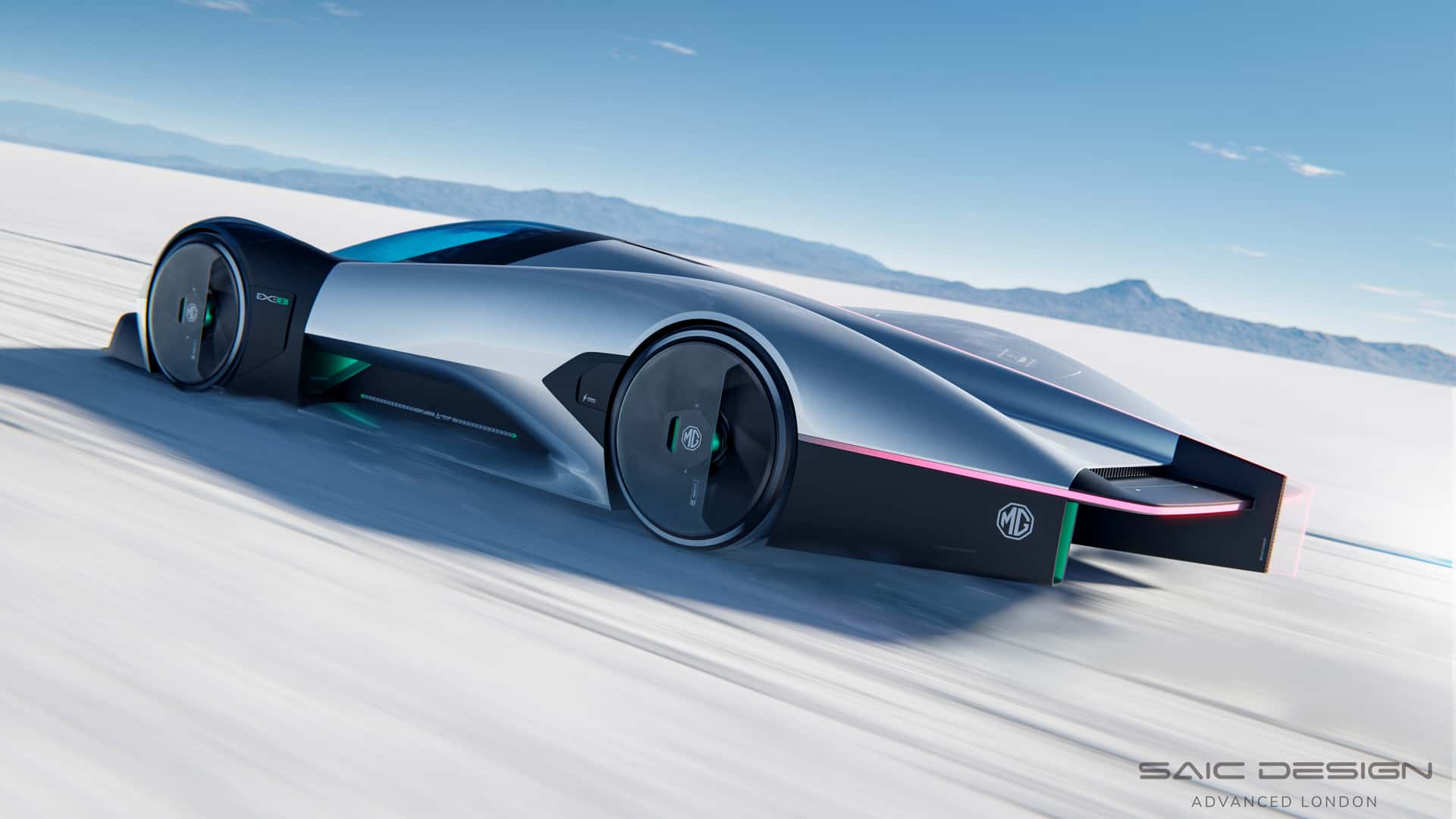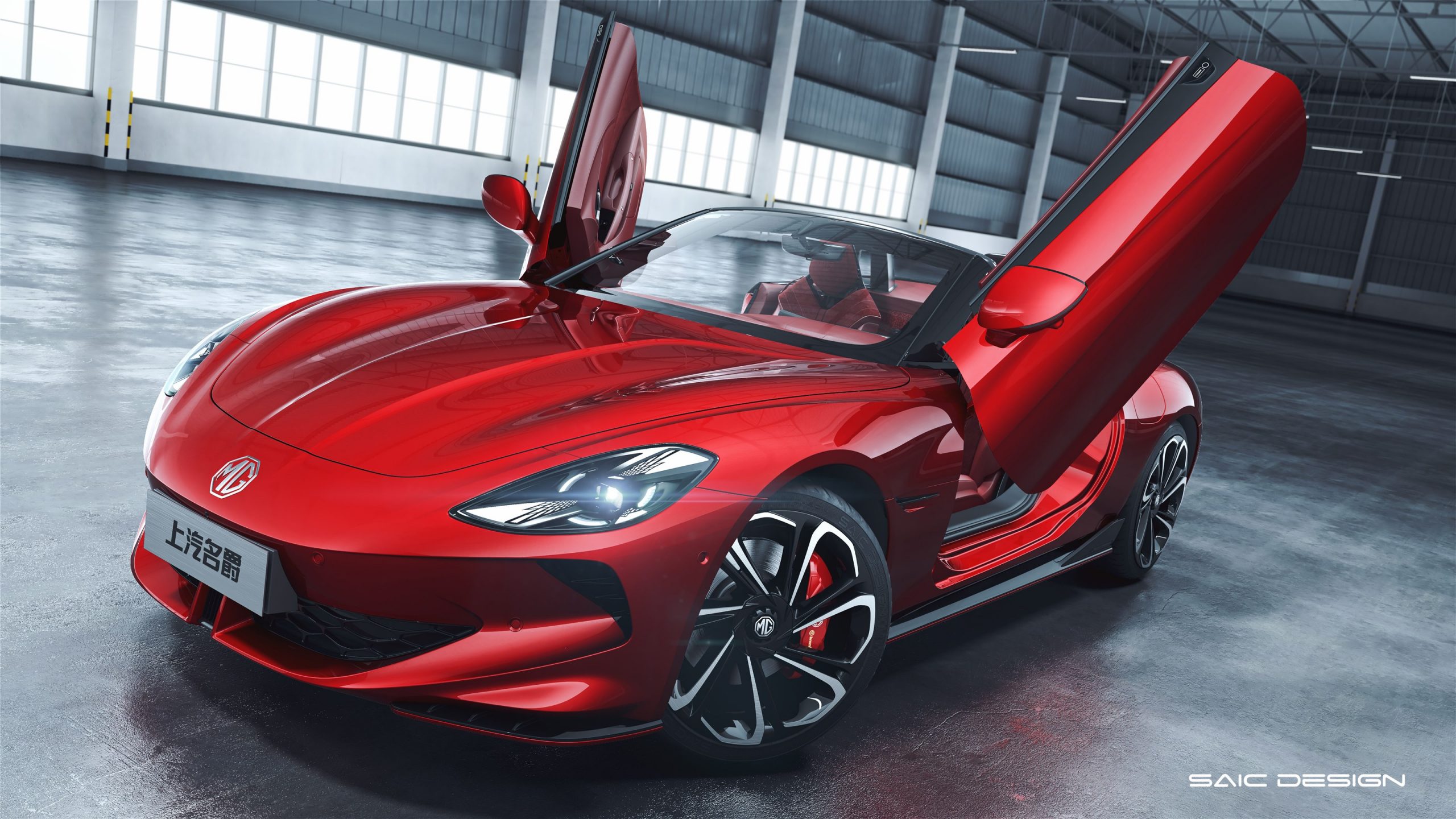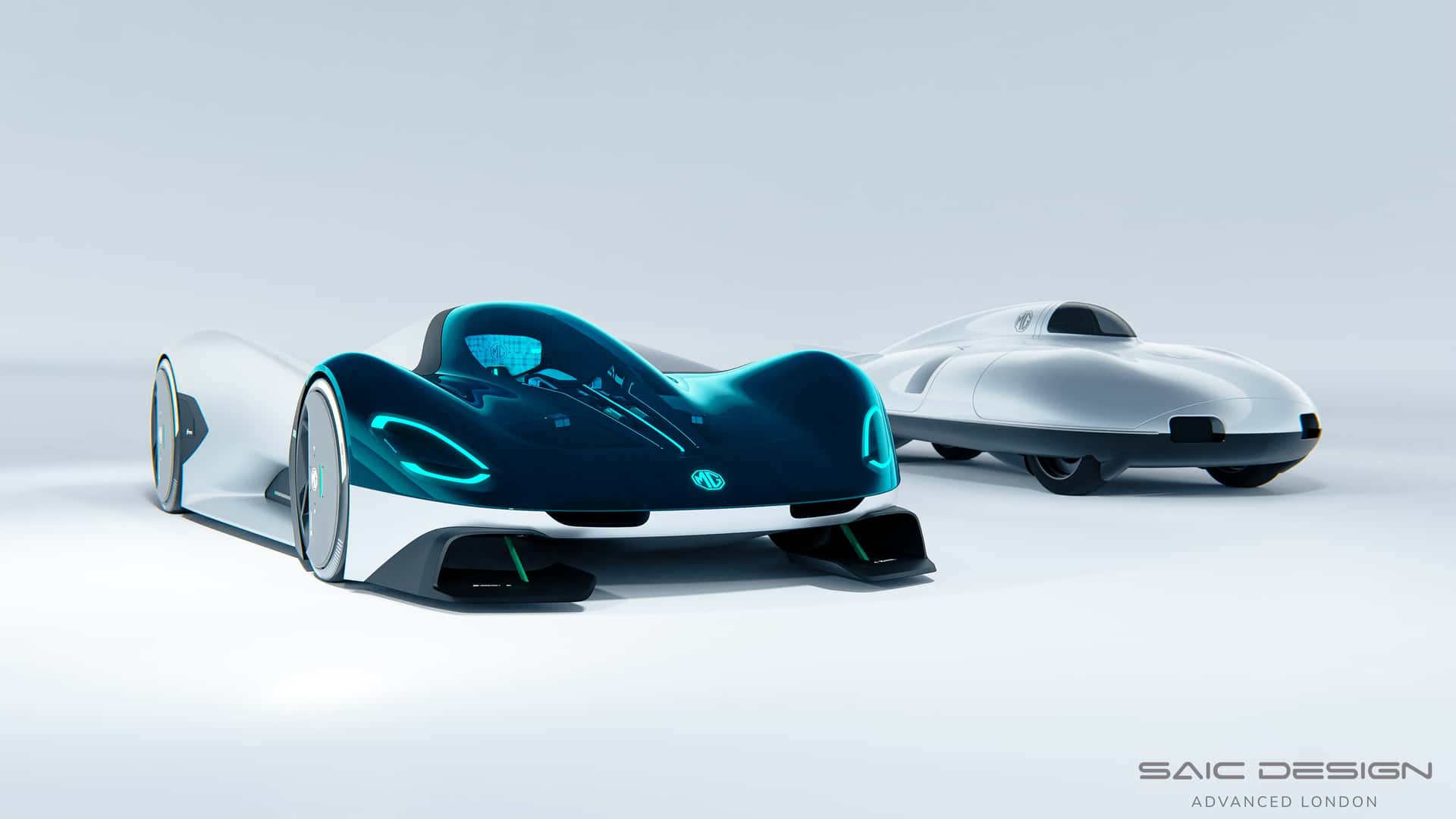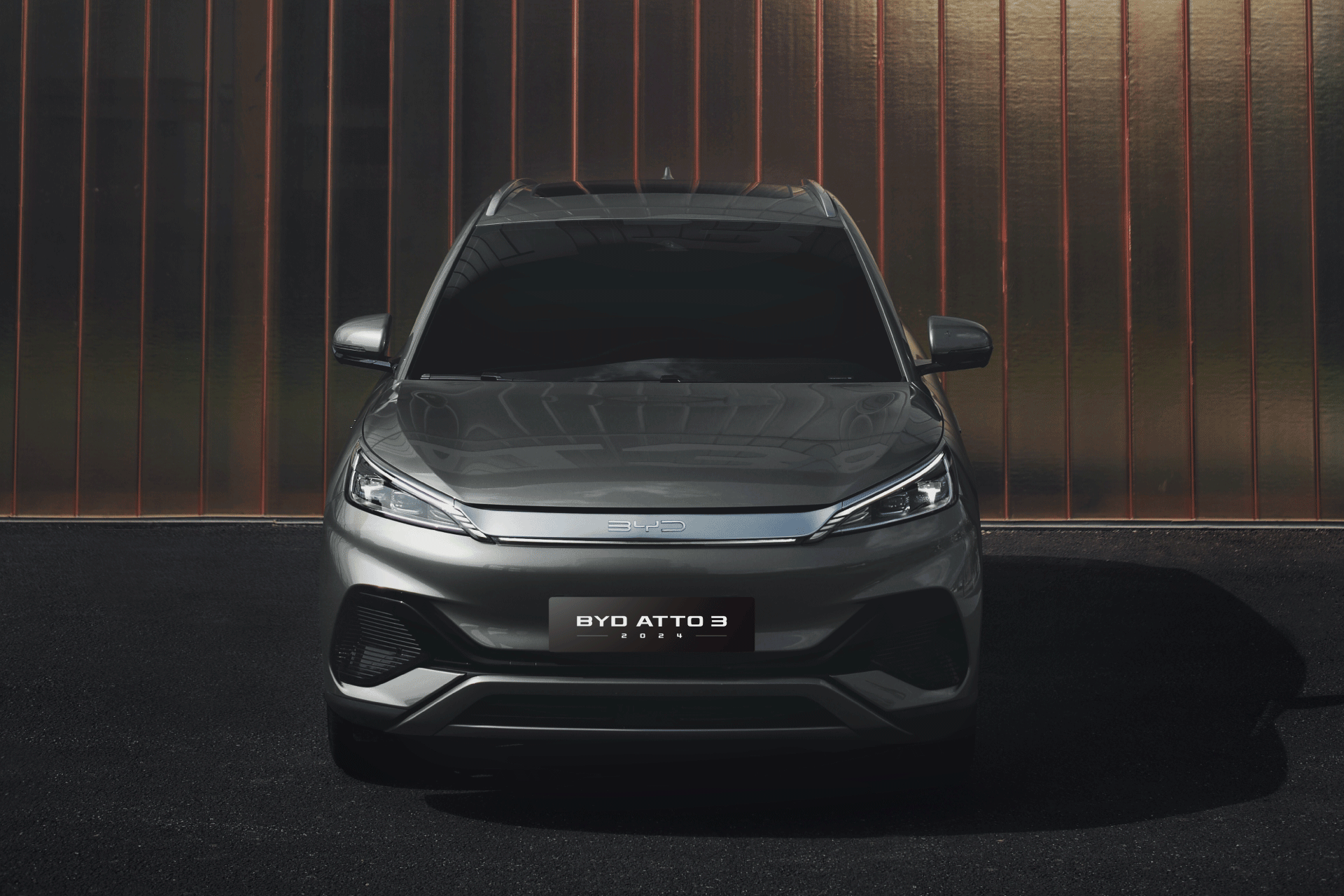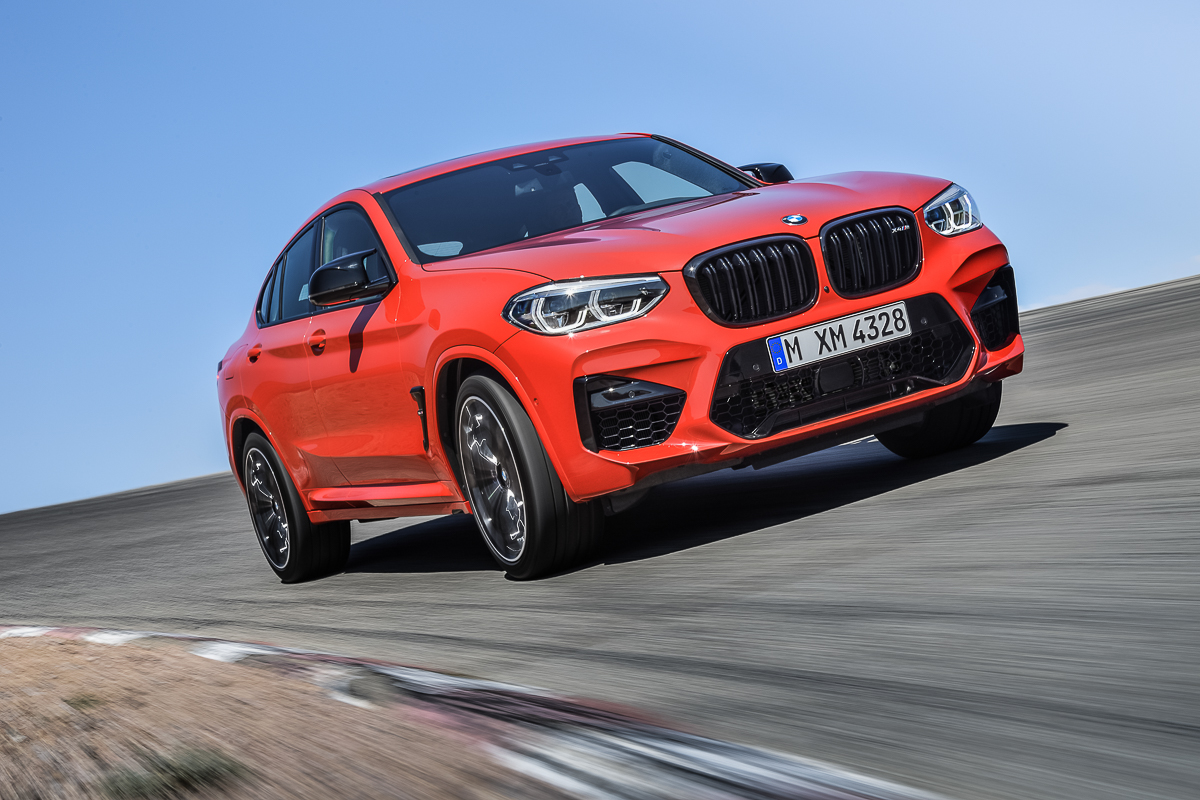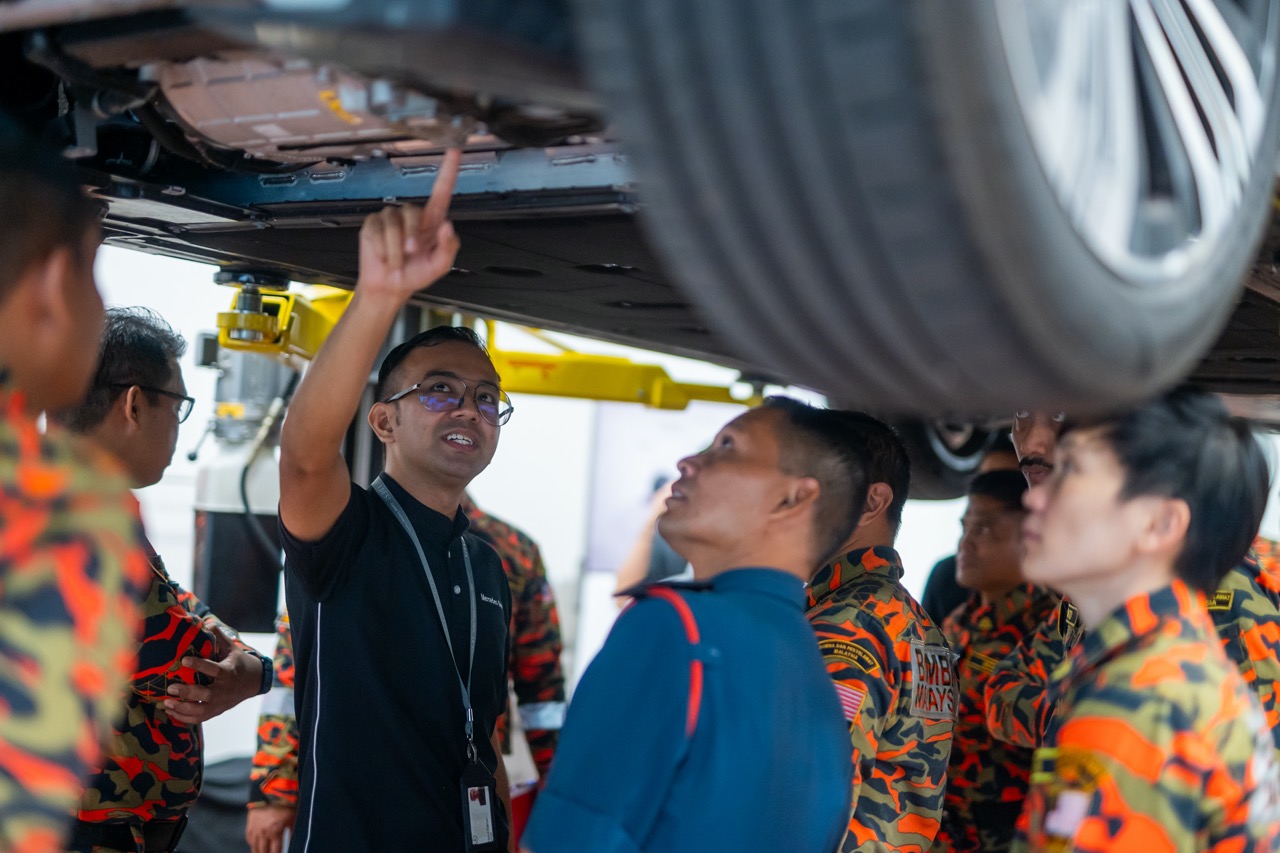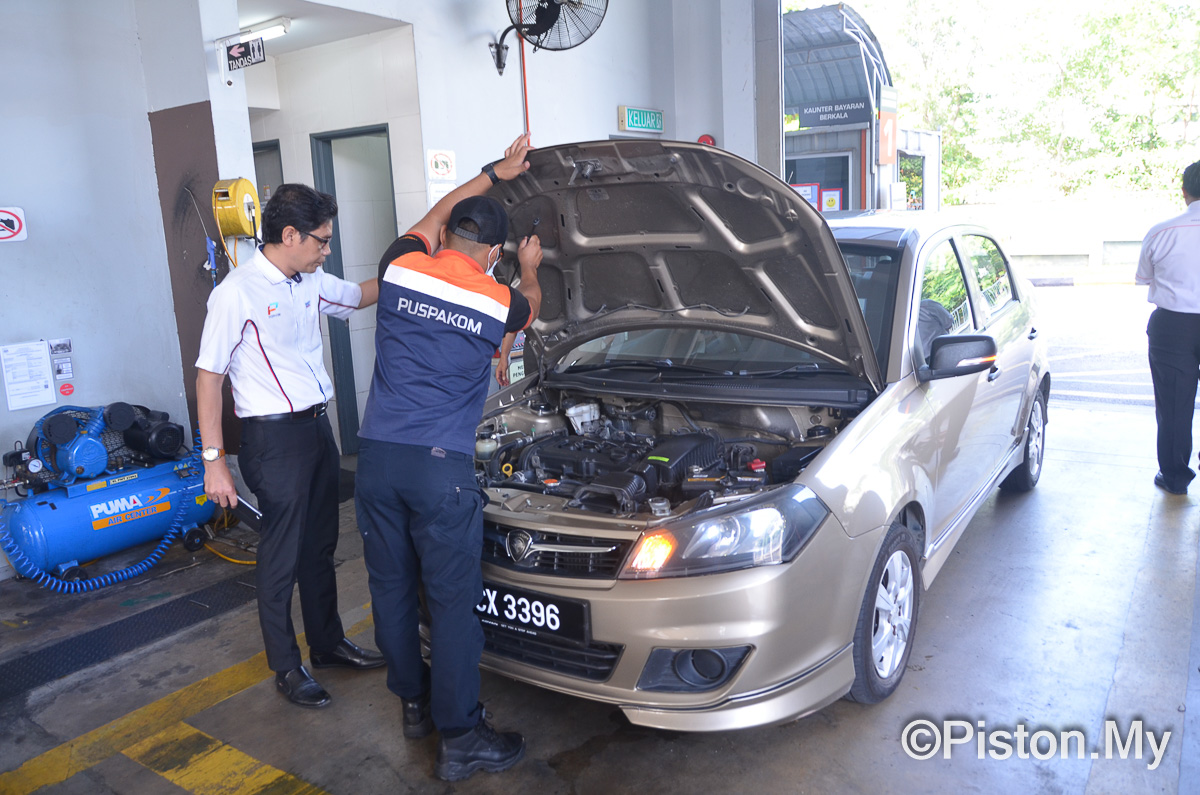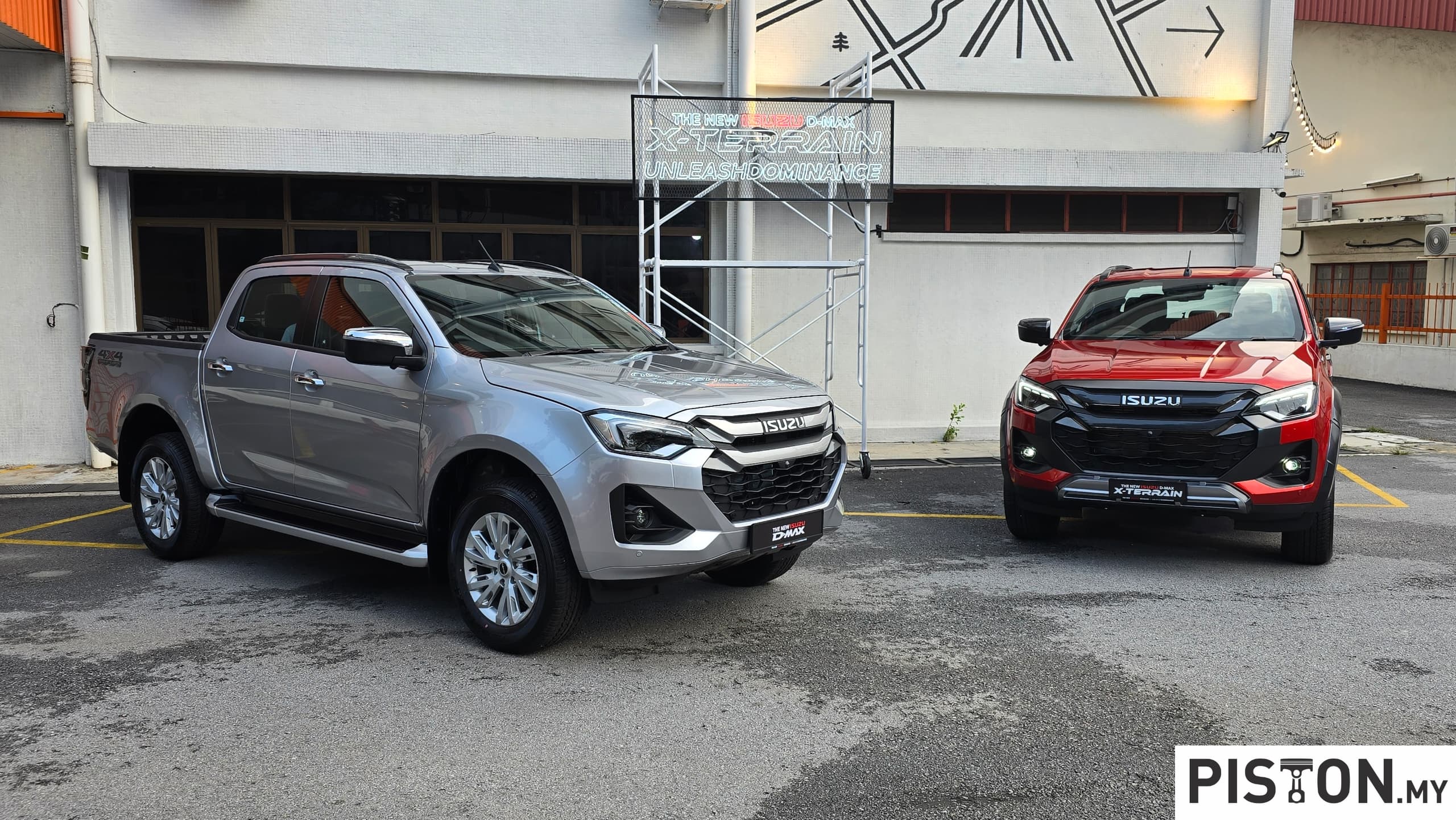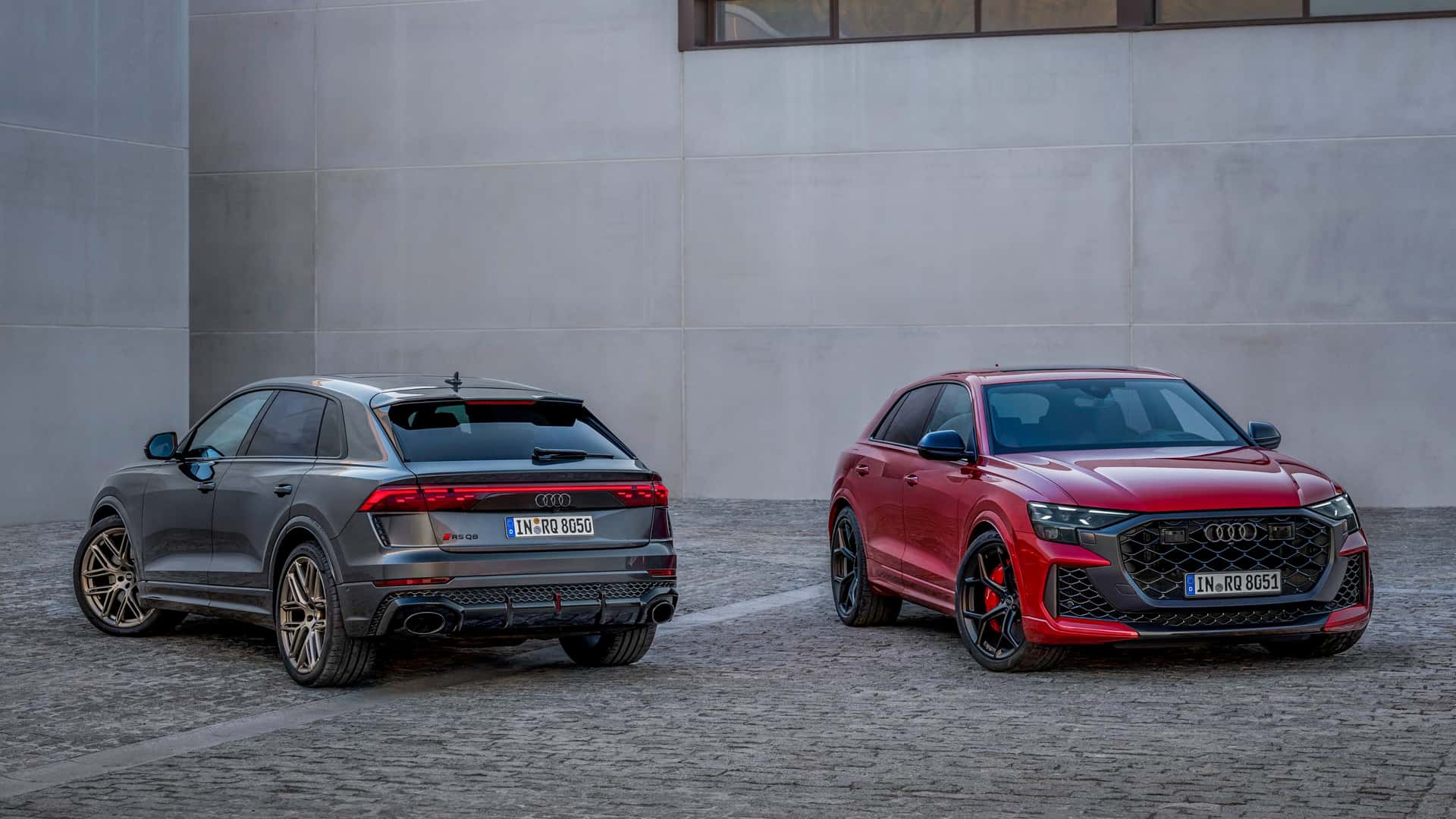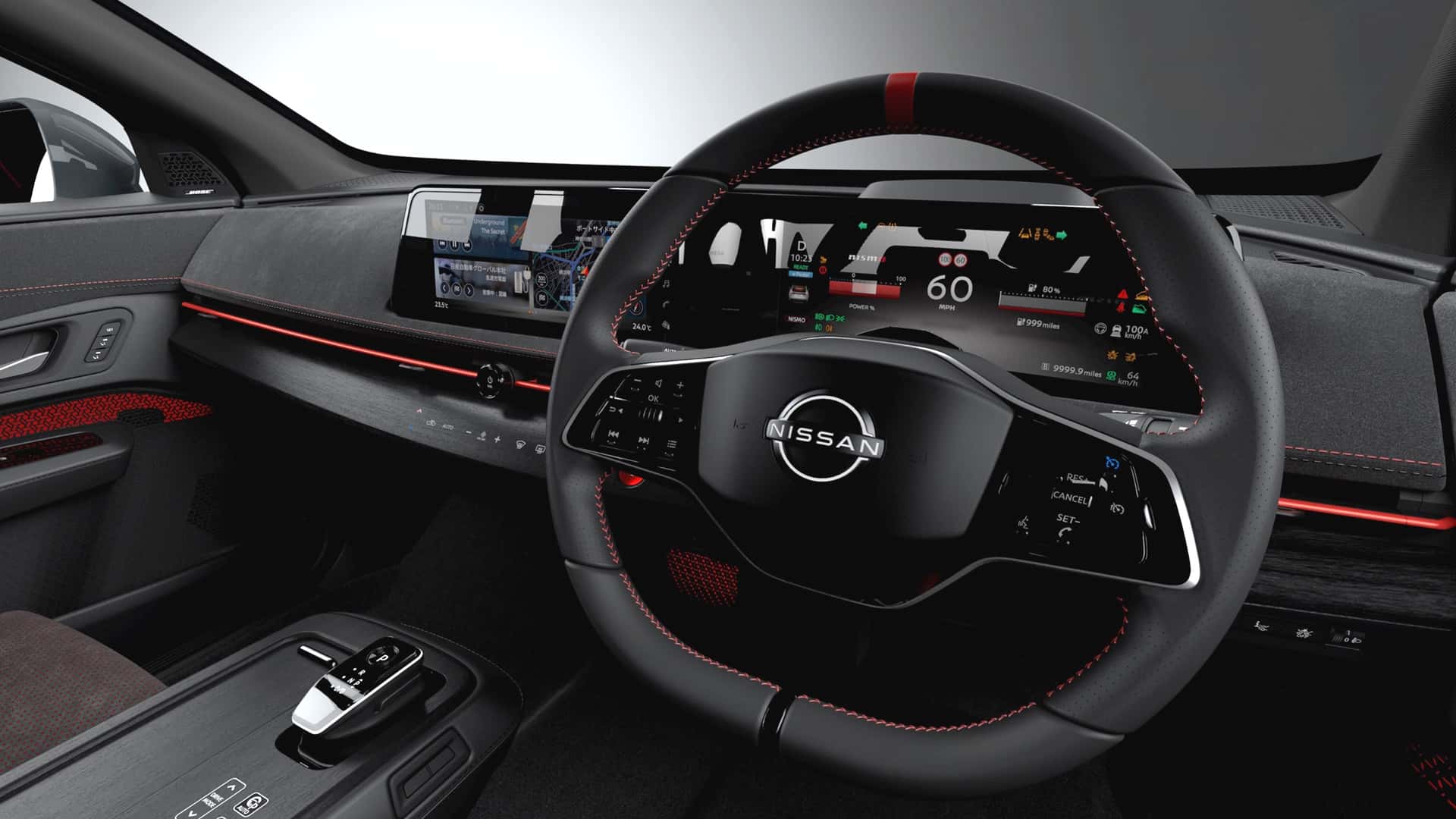SAIC Motor, the largest state-owned Chinese automaker, has announced a significant advancement in the development of solid-state batteries, which will be available in its electric vehicles (EVs) as early as 2026. This development positions SAIC ahead of other global car manufacturers, making it the first to bring this advanced technology to the mass market. The company’s portfolio includes brands such as IM, Maxus, Rising Auto, Roewe, Baojun, Wuling, Hongyan, Sunwin, and the British brand MG, which is known for models like the Cyberster EV roadster and the EX181 electric hypercar.
The first model to feature SAIC’s solid-state battery will be the IM L6, a competitor to the Tesla Model 3, set to launch in China this October. The IM L6 is advertised to have an impressive range of 998km on a single charge, thanks to its 900V ultra-fast charging solid-state battery developed in collaboration with Qingtao Energy, a subsidiary of SAIC. This move underscores SAIC’s commitment to pioneering cutting-edge technology in the EV market.
Solid-state batteries are seen as the future of electric vehicles due to their superior safety, higher energy density, and faster charging capabilities compared to traditional lithium-ion batteries. These benefits not only enhance the performance and reliability of EVs but also promise to make them more affordable over time. However, not everyone is convinced of their safety; Contemporary Amperex Technology Company Limited (CATL), the world’s largest battery manufacturer, has expressed concerns, highlighting the ongoing debate within the industry.
By aiming for a 2026 rollout, SAIC Motor is set to lead the market, outpacing other automakers who have set later targets for the mass production of solid-state batteries. Toyota, which holds the most patents in this technology, and BMW, which plans to introduce solid-state batteries with its Neue Klasse EVs, both project a timeline around 2030. SAIC’s aggressive timeline not only marks a significant technological achievement but also positions it as a formidable player in the global automotive industry.
Solid-state batteries are expected to make EVs more efficient, affordable, and accessible, driving broader adoption and accelerating the transition away from fossil fuels. As SAIC moves forward with its plans, the automotive industry watches closely, anticipating a transformative shift in how electric vehicles are powered.



